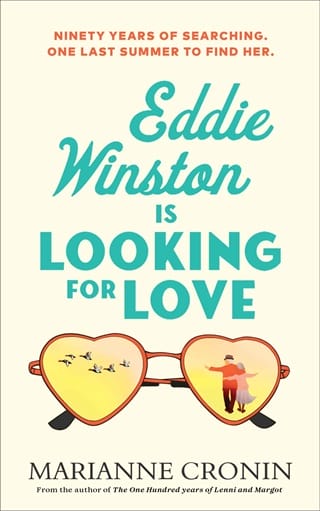Ashes
Ashes
August 1966
B RIDIE DESCENDS THE
stairs of the plane.
She holds tightly on to the hand rail, her green dress whipping about her in the humid air, and feels that she has just emerged into a blustery kiln. The heat rises up from the tarmac as the passengers cross from the back of the plane into the airport terminal.
When there wasn’t enough space on the morning flight from London to Milan and then from Milan to Cagliari for all of the staff attending the conference, Bridie volunteered to fly alone, and it has been illuminating. She did not know she was capable of doing this. Has only flown once before in her life, with Alistair for their holiday in Paris, and she didn’t enjoy the trip. She’s only travelled alone by train a handful of times, fearful of all the mistakes she’ll make, worried that she’ll read the timetable incorrectly and find herself on an express service to Scotland.
And while the feeling of rising up into the air, of leaving her life in England behind, was thrilling, it was doing it alone that made her feel free.
And now, here she is, in a hot and new place, looking with squinted eyes at the mountains in the distance. And she did it. She, Bridie, all by herself.
Eddie, Alistair and the rest of the department staff arrived at midday and will already be checked into their lodgings at the hotel near the University of Cagliari buildings. The hotelier told her on a crackly phone line when she made the booking that it is only a short bus ride from the university to the beach. And that is where she will go when Alistair delivers the opening plenary. She will not be among his adoring audience. She will be soaking her feet in the cool water of the Mediterranean Sea. A little act of defiance he will probably not notice, because, as always, he is not looking.
The airport is hotter inside than outside and, with the addition of the cigarette smoke, it feels claustrophobic and inescapable. Her light green dress was the wrong selection; her sweat is pooling in dark patches under her arms and beneath her breasts where the underwire of her bra digs into her flesh. She lifts her locket from her neck for a moment, to allow herself to breathe.
‘Travelling alone?’ the woman ahead of her in the queue asks. She looks to be about seventy, perhaps older.
‘My husband is already here.’ Bridie smiles.
The older woman smiles. ‘I’m taking mine too,’ she says, and she pats her emerald-green handbag. When Bridie’s face betrays her confusion, the older woman opens the mouth of her bag and inside is a wooden box with a name written in shining silver.
‘Gosh. I’m sorry,’ Bridie says.
The woman shakes her head. ‘It was his time.’
The woman strokes the outer part of her bag, as though her husband can still feel the tenderness. Seeing this lady showing kindness to her husband even now that he is dust does something to Bridie’s heart. ‘Till death do us part and all that,’ the woman says. ‘He had a great sense of humour. He’d have thought it was very funny to be my hand luggage.’
Bridie isn’t sure what to say because a lump has formed in her throat. This is what a wife should do. This is what marriage is. God placed this woman in the queue ahead of her as a reminder of what she promised Alistair. And supreme above that, of what she promised to God.
And then, as if God is underlining His point, as she carries her suitcase out to the front of the airport in search of a taxi, there is Eddie, not her husband, sitting on a hard airport chair and writing in a notebook.
As she approaches, Eddie spots her and smiles. ‘Birdie,’ he says.
She must look confused that he is sitting here. ‘I didn’t think you should have to make your way to the hotel alone, so I offered to wait.’
‘You waited?’ she asks.
‘I waited.’
‘I’ve just been having this lovely sandwich’ – he raises a paper bag of crumbs – ‘and waiting for you to arrive.’
 Fullepub
Fullepub 



